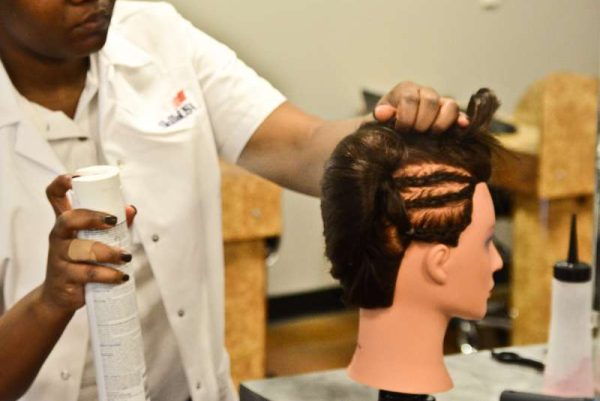Social media used in college admissions
In the age of growing technology, more students are becoming accustomed to technology at the touch of a fingertip. While social media makes it easy to share information with friends and family, this information could be shared with unknown users who may have a say in students’ futures. These users could be college admissions officers.
As seniors hustle to finish college applications, some are unaware that their chances of acceptance might be hurt by their online accounts. According to research from Kaplan Test Prep, the number of colleges looking at applicants’ social media sites during the admissions process is increasing. Of the 381 colleges questioned, 1 out of 3 said they visited applicants’ social media pages, an increase from the 1 out of 5 colleges last year.
“A student can fluff all they want on an essay and seem like the greatest person in the world, but with social networking colleges can see how they act around their friends and see a true measure of what kind of person they really are,” senior Tristan Watson said.
This movement by college admissions has sparked controversy with students. Senior Jeremy Hsu finds it unethical for colleges to look through students’ social networks.
“I don’t think colleges should look through social media sites because it’s an invasion of privacy,” he said. “Schools’ main concern is about education, not taste in music or friends.”
Counselor Charlye Jo Ivy advises students to be cautious of what they put online and to think of possible future consequences.
“Sometimes students don’t understand long term issues that can occur because of the actions made today,” Ivy said. “Students need to have respect for themselves and not put anything on social media that people would look at as derogatory such as negative comments, inappropriate pictures and derogatory words.”
An investigation on Facebook’s storage information systems revealed that deleted items were immediately removed from the site but not from content delivery networks, meaning that information was still floating around the Internet. Ivy cautions students to think before posting anything online as a reminder that everything put on the Internet stays on the Internet, even if it is deleted.











